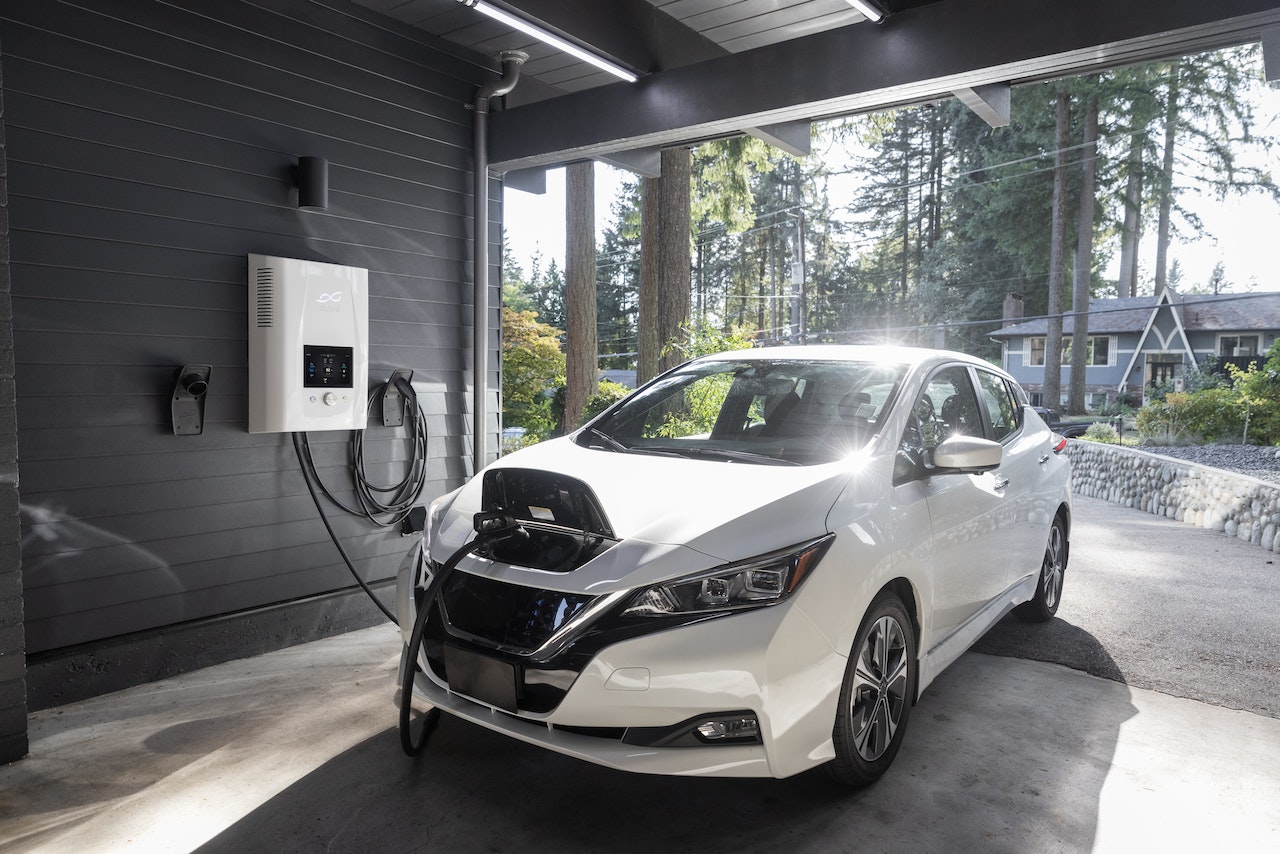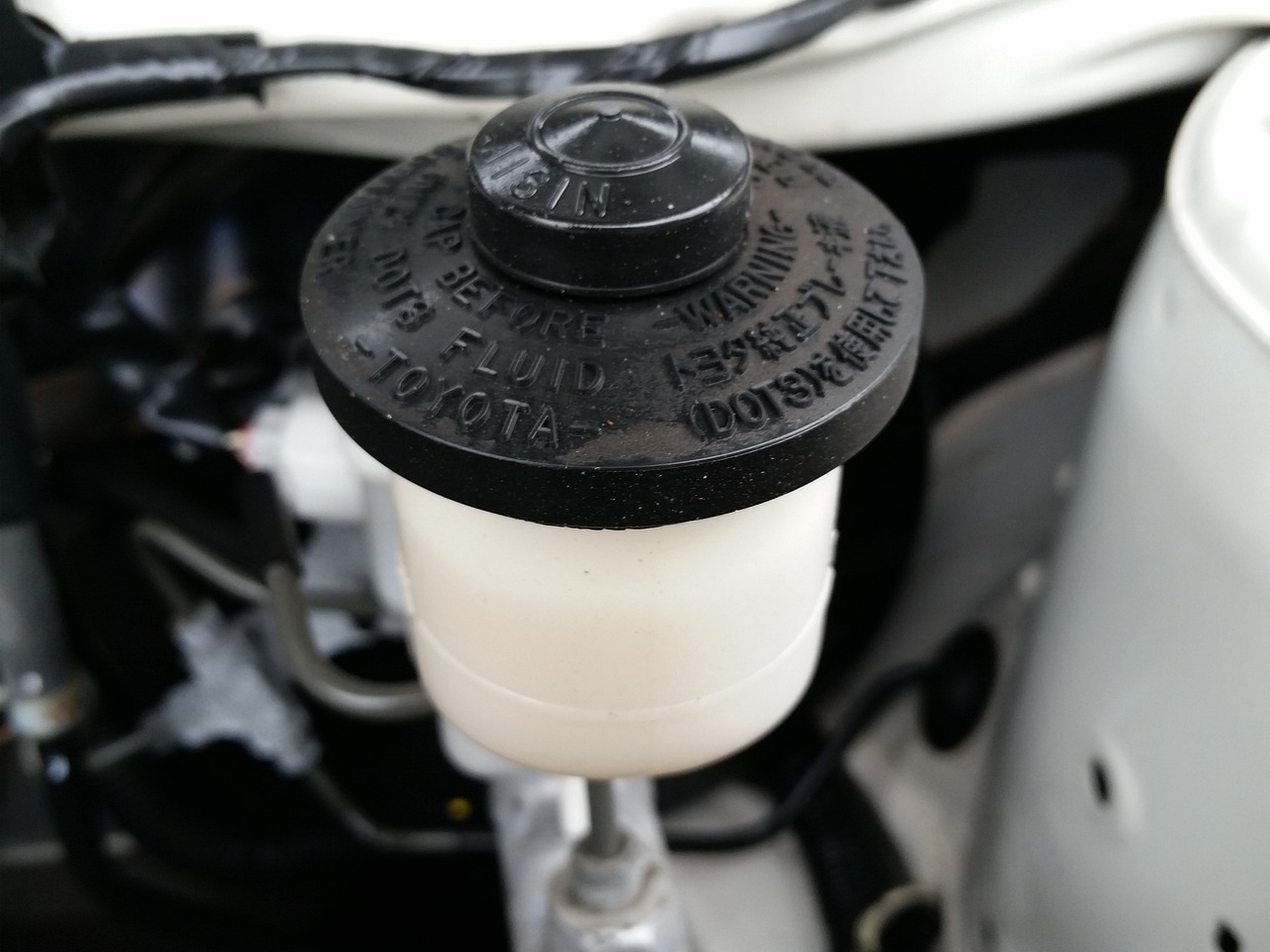Electric cars. Those silent, futuristic, and slightly smug machines that whir past you on the highway. You’ve probably seen more of them recently, and you might have thought, “Should I get one of those?” Well, hold your (non-polluting) horses, my friend. Before you go swapping your dino-fueled beast for one of those electron-munching chariots, let’s plug into the shocking world of electric vehicles (EVs).
The Shockingly Amazing Pros of Owning an Electric Car:
1. No Gas Stations. Ever.
Remember those days when you had to stand in the cold, inhaling delightful gasoline fumes, as your money magically evaporated into your fuel tank? Well, kiss them goodbye! With an electric car, you can just plug it in at home, at work, or at your friend Dave’s house. Bonus: It’s like charging your phone, but bigger. Much bigger.
2. Silent But Not Deadly.
EVs are quiet. Super quiet. Stealth-mode quiet. So, while you sneak up on unsuspecting pedestrians (always safely, of course), you’ll have the peace of mind knowing that you’re not spewing harmful emissions.
3. Save That Money.
No oil changes, fewer moving parts, and often cheaper fuel (yes, electricity), means you can finally afford those gold-plated tire valve caps you’ve always wanted.
4. Instant Torque and Speed.
Ever tried stepping on the gas pedal of an old-school car and felt… well, nothing? In an electric car, you step on the accelerator, and voilà, instant acceleration! And yes, you will feel like you’re piloting a spaceship every single time.
5. Earth’s Biggest Fan.
Driving an electric car essentially makes you a superhero. Your car emits zero tailpipe pollutants. This means less smog, cleaner air, and an overall happier Mother Earth. Cue the Captain Planet theme song.
6. Tax Incentives and HOV Lanes.
Many governments are like proud parents when you buy an EV – they reward you! Some countries and states offer tax credits, rebates, and other incentives. Plus, in certain places, you can use HOV lanes even when you’re riding solo. Feel free to wave at the line of traffic as you zoom past.
7. Reduced Brake Wear.
Thanks to regenerative braking, which uses the vehicle’s electric motor to assist in slowing down, brake wear is reduced. This means fewer visits to the mechanic and more money in your pocket.
8. No More Exhaust Fumes.
Say goodbye to that terrible smell of exhaust fumes every time you start your car in the morning. In an EV, the only scent you’ll encounter is the sweet smell of… well, whatever air freshener you choose to hang from your rearview mirror.
9. Future Proofing.
As more cities mull over banning or restricting gasoline vehicles in city centers, having an EV means you’re ahead of the curve. You’ve already got a ticket to the future!
The Electrifyingly Disastrous Cons:
1. “Where Do I Plug This Thing In?!”
So, you’re out on a road trip, and you realize you’re running low on juice. You scan the horizon and… no charging stations in sight. But hey, at least you’ve got time to enjoy the scenic views while you wait for a tow truck.
2. Longer “Fill-Ups”.
With a gasoline car, you spend about 5 minutes filling up and you’re ready for another few hundred miles. With an EV? Make yourself comfortable, grab a coffee, and catch up on a Netflix series or two. Because depending on your car and charger, it can be quite the wait.
3. Sticker Shock.
EVs can be more expensive upfront. While prices are dropping, some electric cars still have price tags that’ll make you think they’re made of gold. Fortunately, there are incentives and rebates in many places, so you might not have to sell a kidney after all.
4. Not Always as Green as They Seem.
Remember how you felt like a superhero? Well, keep in mind that the electricity charging your car might come from not-so-clean sources like coal. However, as the grid gets greener, so does your ride.
5. Range Anxiety.
It’s that sinking feeling when you’re not sure if you’ll make it to the next charging station. Unlike gasoline cars where you can carry a spare can of fuel, you can’t exactly carry an extra battery in your trunk (unless you’re into weightlifting).
6. Battery Replacement.
Like any other battery, your EV’s battery won’t last forever. While most have solid warranties, the day might come when you need a replacement. And, unlike swapping out AA batteries in a remote, this one’s a tad pricier.
7. Limited Choices (For Now).
While more automakers are hopping on the EV bandwagon, options are still somewhat limited compared to gasoline vehicles. Dreaming of a unicorn-themed electric minivan? You might have to wait.
8. Charging Infrastructure Growing Pains.
In many urban areas, charging stations are popping up like daisies. But venture into more rural or less developed spots, and it’s a bit of a desert. Bring a good book (or three).
9. Cold Weather Woes.
Batteries, much like people, aren’t huge fans of cold weather. In chillier climates, range can take a hit. Pack an extra blanket and maybe a flask of hot cocoa for those winter drives.
10. Lack of “Vroom Vroom”.
Some car enthusiasts lament the lack of engine noise in EVs. They miss the roar and rumble. If you’re one of them, there are always sound apps. Or, you know, you could just make “vroom vroom” sounds yourself (not recommended at traffic lights).
In conclusion, while electric cars may not be perfect (yet), they’re definitely shaking things up in the automotive world. So, whether you’re into saving the planet, sneaking up on pedestrians, or just avoiding gas stations, there’s probably an EV out there with your name on it. As for the cons? Well, technology is advancing at lightning speed, so who knows? Maybe by next year, we’ll have solar-powered flying electric cars! (Okay, maybe not. But a person can dream, right?)
Electrifying Pro Tips for the Savvy EV Owner:
- Pre-condition Your Car: Before you unplug and hit the road, especially in colder weather, pre-condition your car while it’s still connected to the charger. This will use grid power (not your battery) to heat or cool the car, preserving your range.
- Make Charging Stations a Destination: Planning a meal or shopping stop around a charging station can make the waiting time productive. Apps like PlugShare or ChargePoint can help locate charging stations and see what amenities are nearby.
- Stay Updated: Like your smartphone, many EVs receive software updates that can improve performance or even increase range. Ensure you’re keeping your car’s software up-to-date.
- Mind Your Tires: Keeping your tires properly inflated not only extends their life but also ensures optimal range. Check the pressure regularly!
- Economy Modes: Many EVs have driving modes that can conserve energy. If you’re worried about running out of juice, switch to one of these modes to maximize efficiency.
- Leverage Regenerative Braking: Get familiar with your car’s regenerative braking system. Using it efficiently can help extend your range by converting some of the energy used in braking back into stored power in the battery.
- Join an EV Community: There are many online forums and groups where EV enthusiasts share tips, tricks, and their experiences. Sites like InsideEVs or local Facebook groups can be invaluable.
- Tax Incentives Research: Be thorough in checking both national and local incentives for purchasing an EV or installing a home charger. They can change yearly, so be sure to check before making a purchase.
- Plan Longer Trips: If you’re venturing on a longer journey, plan your route with charging stops in mind. Factor in some extra time for charging, especially if traveling during peak times when chargers may be busy.
- Emergency Back-Up: Consider joining a roadside assistance program that offers EV support. They can provide a charge if you run out of juice in a location without charging stations.
FAQs on Electric Cars:
Typically, most manufacturers offer warranties for 8 to 10 years or about 100,000 to 150,000 miles (160,000 – 240,000 km). However, even after this period, the battery doesn’t just “die”; it might just offer reduced range.
Charging time varies based on the battery size and the speed of the charging point. It can range from 30 minutes (for 80% charge on fast chargers) to 12 hours or more on standard home chargers.
Generally, EVs have fewer moving parts than conventional vehicles, which can result in lower maintenance costs over time. However, potential battery replacement after many years can be a significant cost.
Similar to running out of gas, you would need to call for assistance. Some roadside assistance providers now offer mobile charging units.
Yes, charging stations are designed to be weatherproof. It’s safe to charge in the rain.
While the production of EVs can have a larger carbon footprint than producing conventional vehicles, EVs have zero tailpipe emissions, and over the lifespan of the car, they generally have a smaller carbon footprint than their gasoline counterparts.
Yes! You can use a standard outlet with a Level 1 charger, or install a Level 2 charger for faster charging times.
A hybrid combines a gasoline engine with an electric motor, while an all-electric car runs solely on electricity.
No. Electric cars don’t have engine oil to change because they don’t have a conventional internal combustion engine.
Yes. Electric cars are subjected to the same safety testing procedures as traditional cars and have to meet the same safety standards.
Absolutely! Just ensure you plan your route with charging points in mind and are prepared for longer charging times compared to filling up with gasoline.



